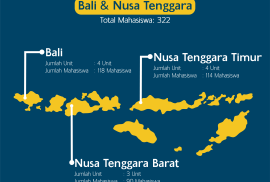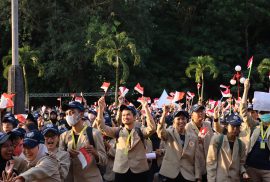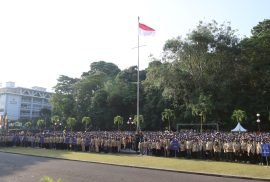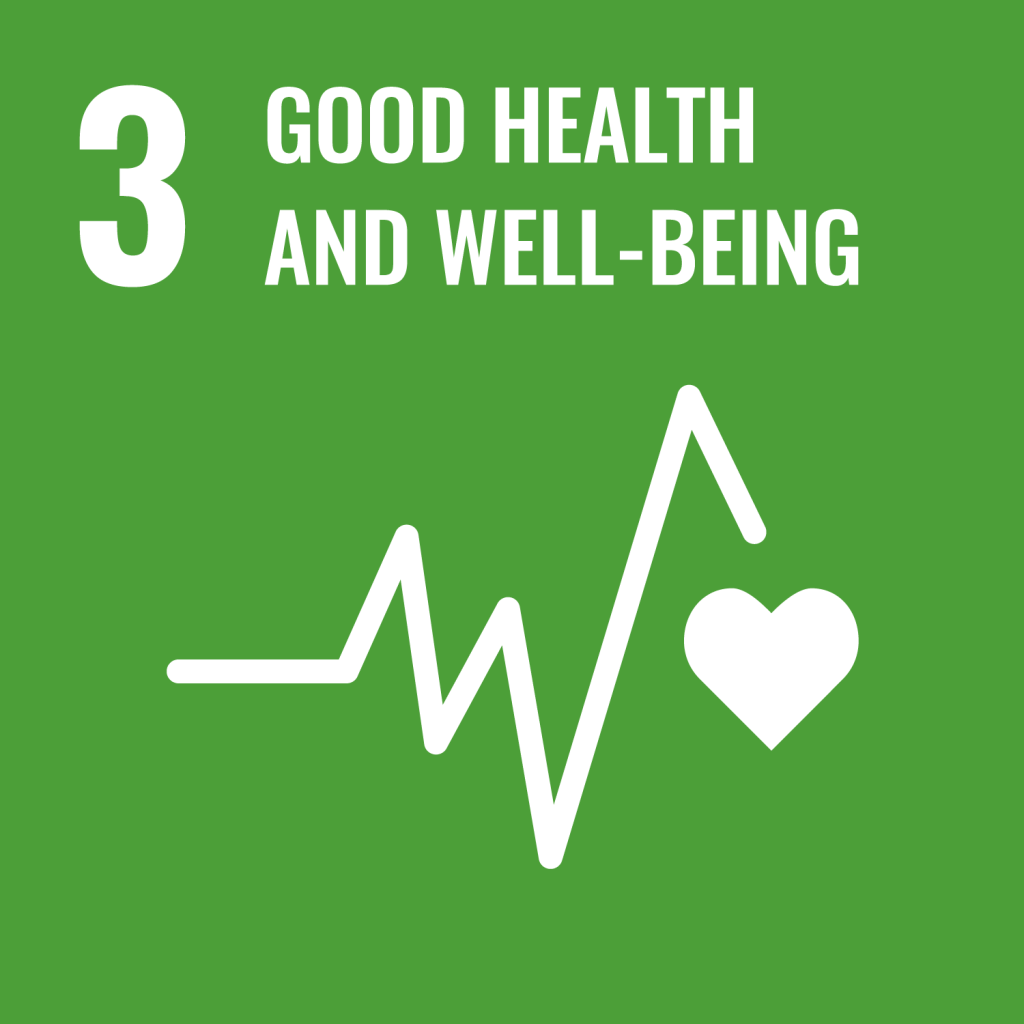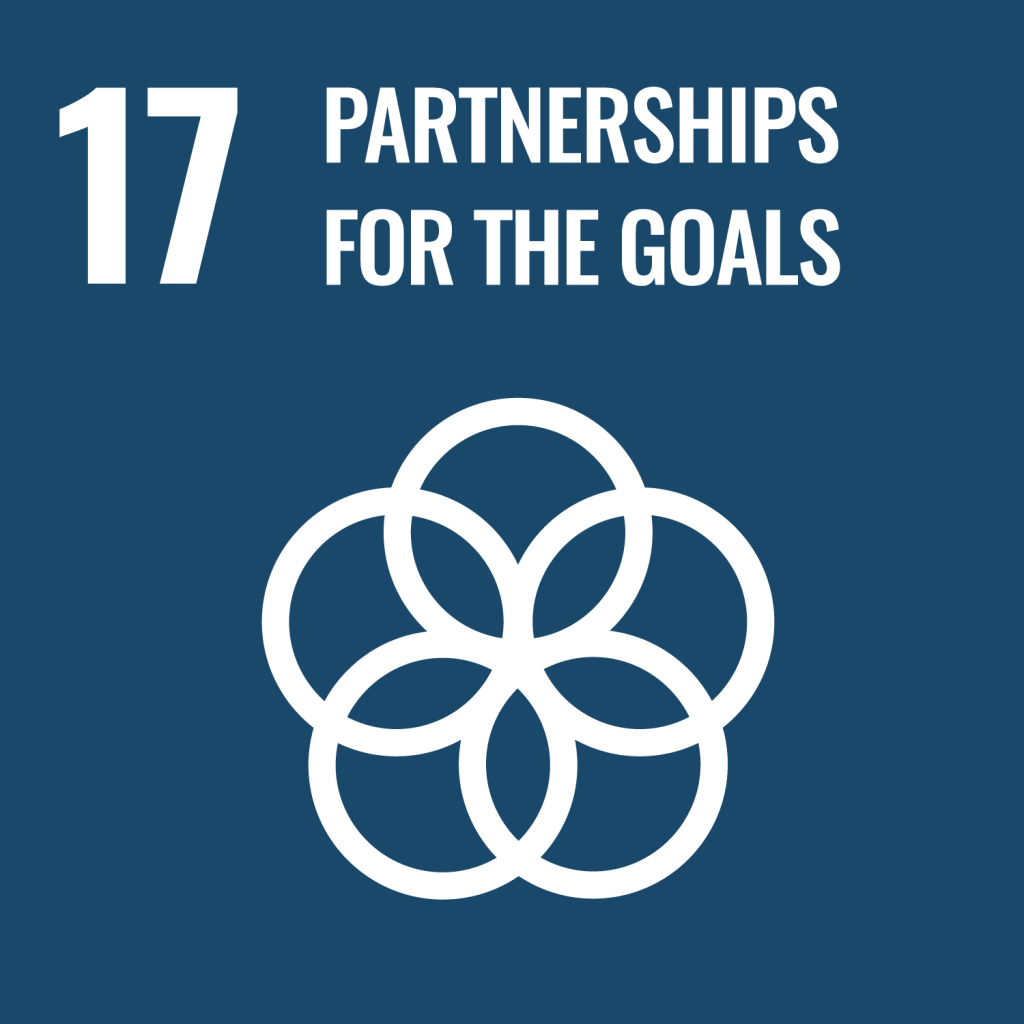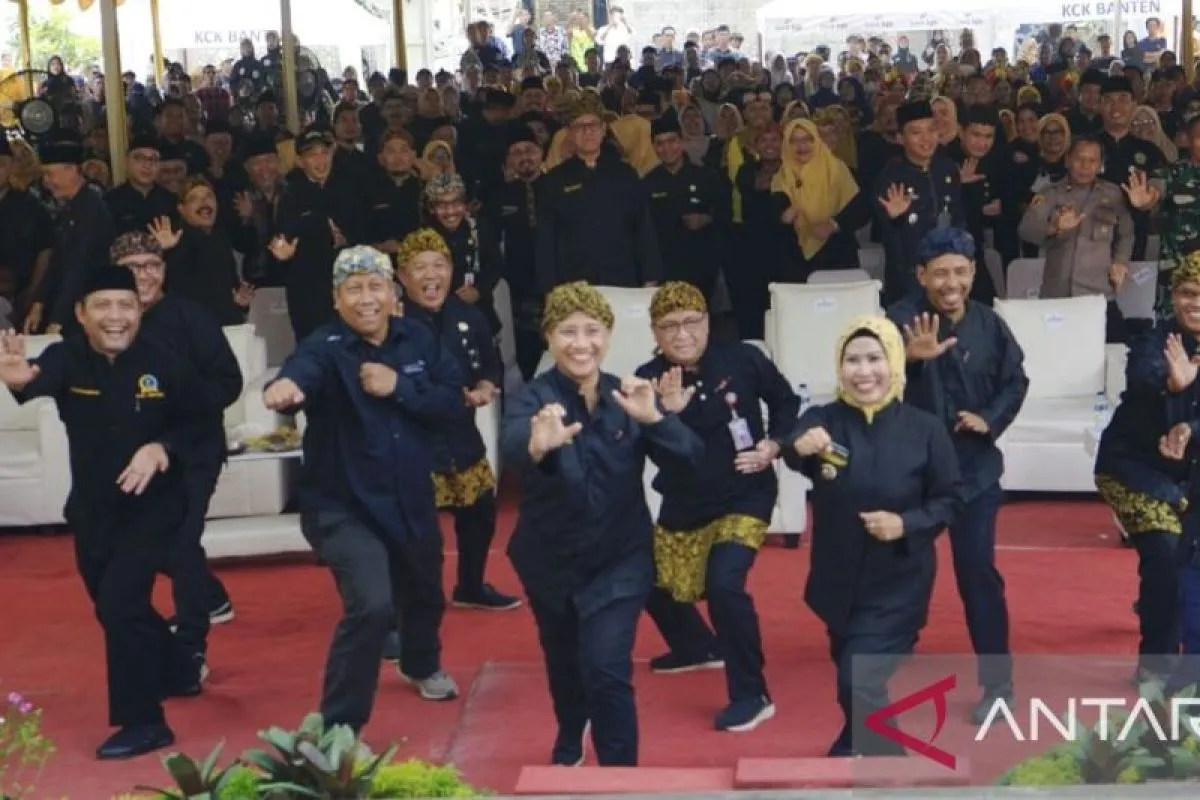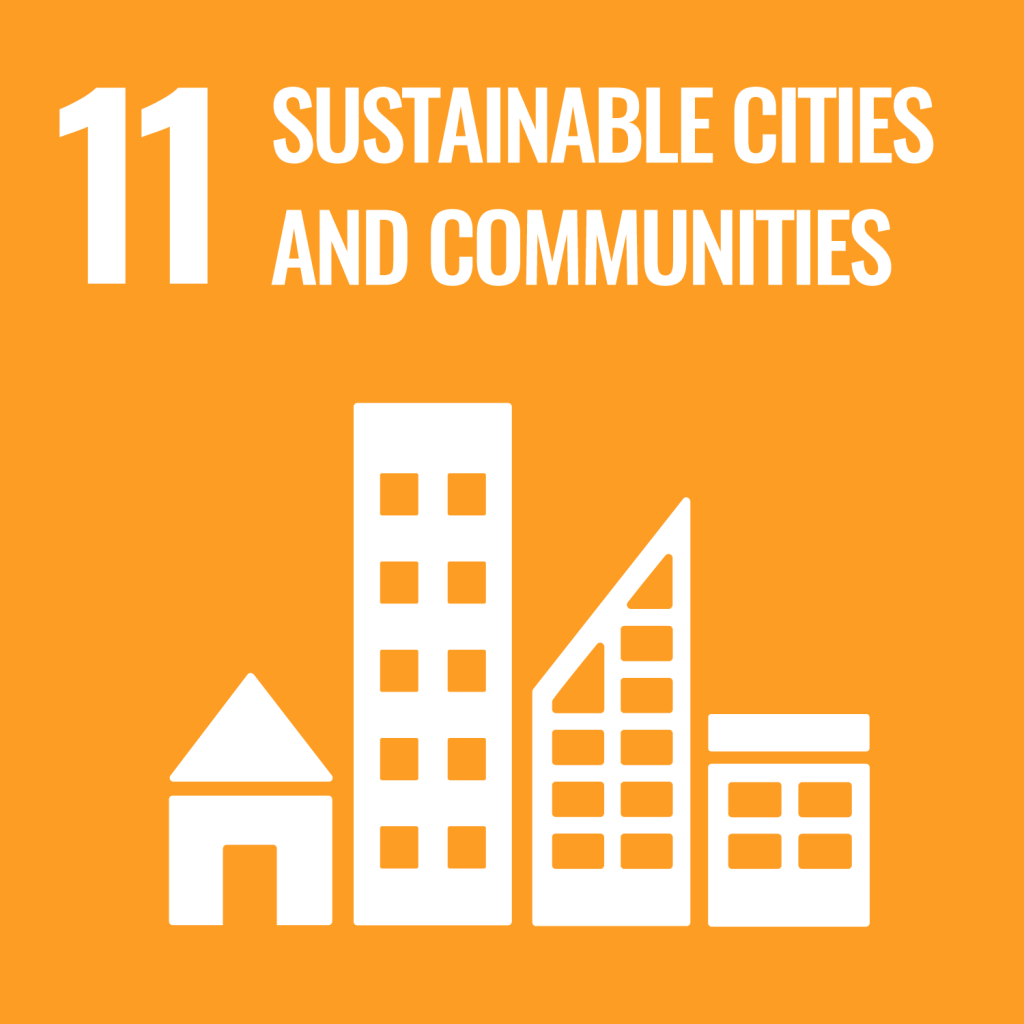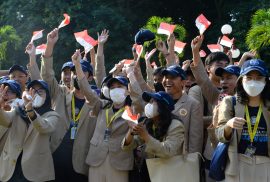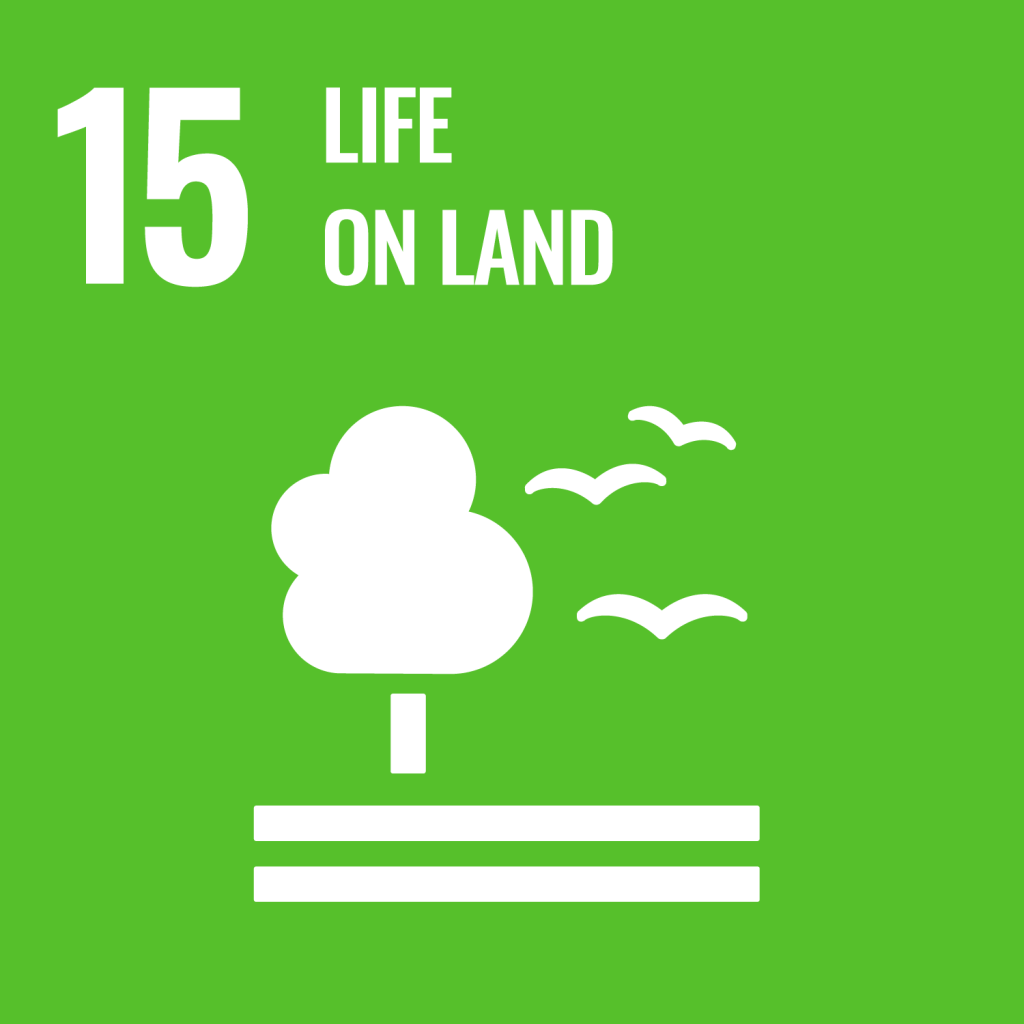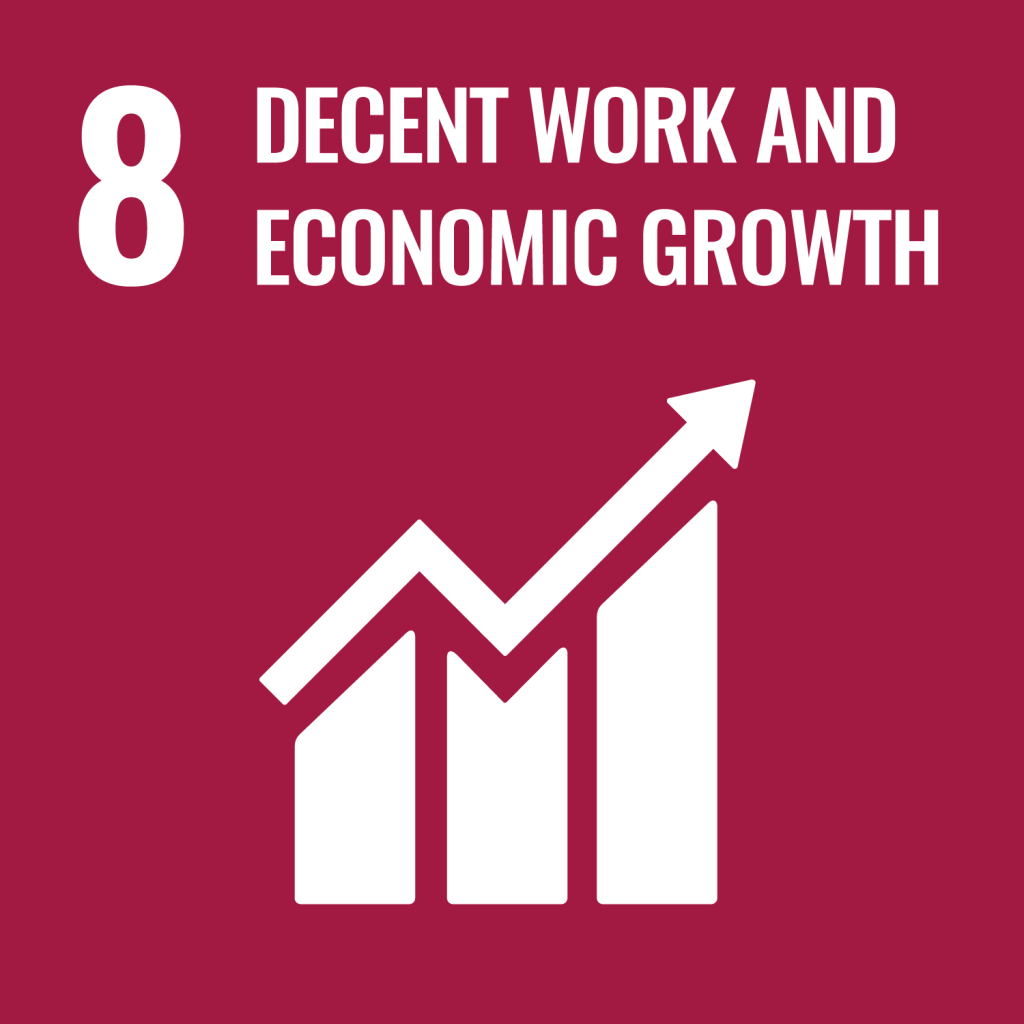One of Indonesia’s provinces famous for its tourism is Bali. Each district and city in Bali has its own unique tourism potential, with the island being renowned for its stunning beaches, vibrant culture, and rich heritage. However, Badung Regency stands out as the district with the largest and most developed tourism sector. Despite this, many villages within Badung Regency, Sobangan Village, and Baha Village have not yet fully tapped into their tourism potential. An essential issue impeding the growth of tourism in Sobangan and Baha Villages is the absence of a comprehensive map illustrating the possible dispersion of the places’ potential. This results in these potentials not being utilized and empowered optimally. Without a clear understanding of the strengths and opportunities within these villages, stakeholders and community members struggle to formulate effective strategies for tourism development.
Acknowledging these challenges, several initiatives have been implemented by UGM KKN-PPM students in Sobangan Village and its surrounding areas, delivering a variety of positive outcomes. UGM KKN-PPM is a student community service program of Universitas Gadjah Mada, where students are obliged to learn and live within the community for 50 days from July to August 2023. One significant step taken by UGM KKN-PPM students was creating detailed reports on mapping micro, small, and medium enterprises (MSMEs). These reports provide stakeholders with valuable recommendations for developing MSMEs in the village. By identifying and analyzing the local businesses, the community can better understand how to support and grow these enterprises, which are crucial for economic development and job creation. This supports SDGs Goal 8: Decent Work and Economic Growth, which is expected to improve working conditions, enhance financial inclusion, and promote sustainable tourism for the community in the villages.
Reports on mapping MSMEs also serve as strategic materials for developing tourism support facilities in Baha Village. These reports help identify gaps and opportunities in the village’s infrastructure and services, guiding the development of facilities that cater to tourists’ needs. Additionally, the identification of agricultural product distribution in Sobangan Village contributes to optimizing its agricultural potential. By understanding the distribution network, the village can improve its agricultural practices and market its products more effectively, attracting agrotourism enthusiasts.
Additionally, UGM KKN-PPM students also created a profile video of the villages. Creating profile videos featuring local artists and their art products has helped create an image and attraction for the village’s art scene. These videos not only showcase the talents of local artists but also serve as a marketing tool to attract tourists interested in cultural and artistic experiences. Furthermore, the identification of transportation businesses provides insights into the potential and challenges of the tourism industry in these areas. Understanding the transportation network is essential for improving accessibility and convenience for tourists.
Making profile videos of artists and art products in Baha Village promotes the village’s cultural richness. These videos highlight the village’s unique artistic expressions and cultural heritage, appealing to tourists interested in cultural tourism. In Sobangan Village, the documentation of oral literary diversity is another important initiative. This documentation preserves the village’s cultural heritage and adds to its tourism identity. Oral traditions, stories, and folklore are valuable cultural assets that can attract tourists seeking authentic and immersive experiences. Similarly, Baha Village has seen several detailed initiatives that have had significant impacts. One notable event is the presentation and showcase of the Buzzwire scientific experiment at the Children’s Day Festival. This event demonstrated and celebrated children’s creativity, engaging the younger generation and promoting educational tourism. Such events can draw families and educational groups to the village, diversifying its tourism offerings. This cultural tourism is integral to achieving SDG 11: Sustainable Cities and Communities, as it enhances social cohesion, promotes sustainable tourism, supports inclusive urban development, and contributes to the resilience and identity of communities. By preserving and promoting cultural tourism, villages and communities can become more inclusive, resilient, and sustainable, aligning with the broader goals of sustainable development
Furthermore, UGM KKN-PPM students used GIS-based mapping of livestock and MSME distribution, which provides important information about the economic potential and business distribution in the villages. This data-driven approach allows for a comprehensive analysis of the local economy, identifying key areas for development and investment. GIS-based mapping of artist and tourism industry distribution enriches insights into cultural attractions and tourism potential, enabling more targeted and effective marketing strategies. The KKN-PPM students expected that designing village mapping and creating a website could provide residents and visitors with an informative and interactive platform. These digital tools is anticipated to enhance the visibility of the villages’ attractions, making it easier for tourists to plan their visits and explore the local offerings.
The initiatives and strategies implemented in Sobangan Village and Baha Village by the UGM KKN-PPM students demonstrate the importance of integrated planning and community involvement in tourism development. By leveraging their unique potential and utilizing modern tools and technologies, these villages can unlock new opportunities for growth and create a sustainable and vibrant tourism sector that benefits both residents and visitors.

